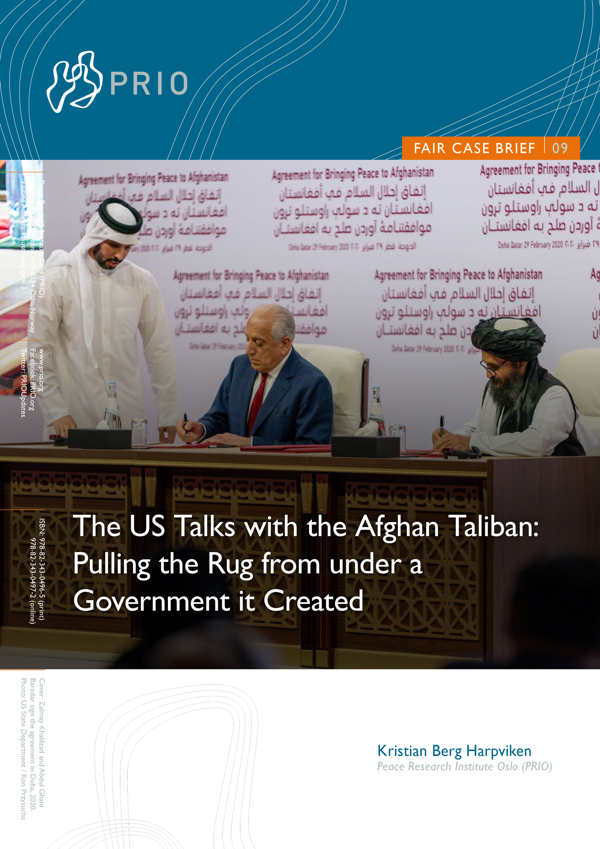Images of the Taliban’s seizure of Kabul and the dramatic evacuations of internationals and Afghan citizens in August 2021 are emblematic of a failed peace process, but the real turning point came three years prior, when the United States (US) decided that military withdrawal from Afghanistan, rather than sustaining a fragile Afghan government fighting the Taliban, was its prime objective.
The US entered direct talks with the Taliban, excluding the country’s legitimate authorities, which were highly dependent on international support for their survival. In the process, the US gave in to the Taliban’s demands, with the resultant peace treaty non-committal with regards to a ceasefire, and with built-in vagueness on mutual obligations, mechanisms for monitoring, and consequences of violations. In addition, the US made commitments on the behalf of an unwilling Afghan government, most importantly to a large-scale exchange of prisoners.
In effect, the US-Taliban agreement paved the way for the Taliban’s takeover, an outcome that was not given yet seemed highly likely, whether seen from the vantage point of 2018 (when talks started) or 2020 (when they were concluded). Here lies the core of the US ethical conundrum. However, there is a difference between the right of the US to decide to withdraw and to negotiate the terms for withdrawal, and the US undermining the Afghan republican government negotiation of the key terms for a possible intra-Afghan peace and making commitments on behalf of the Afghan government.








